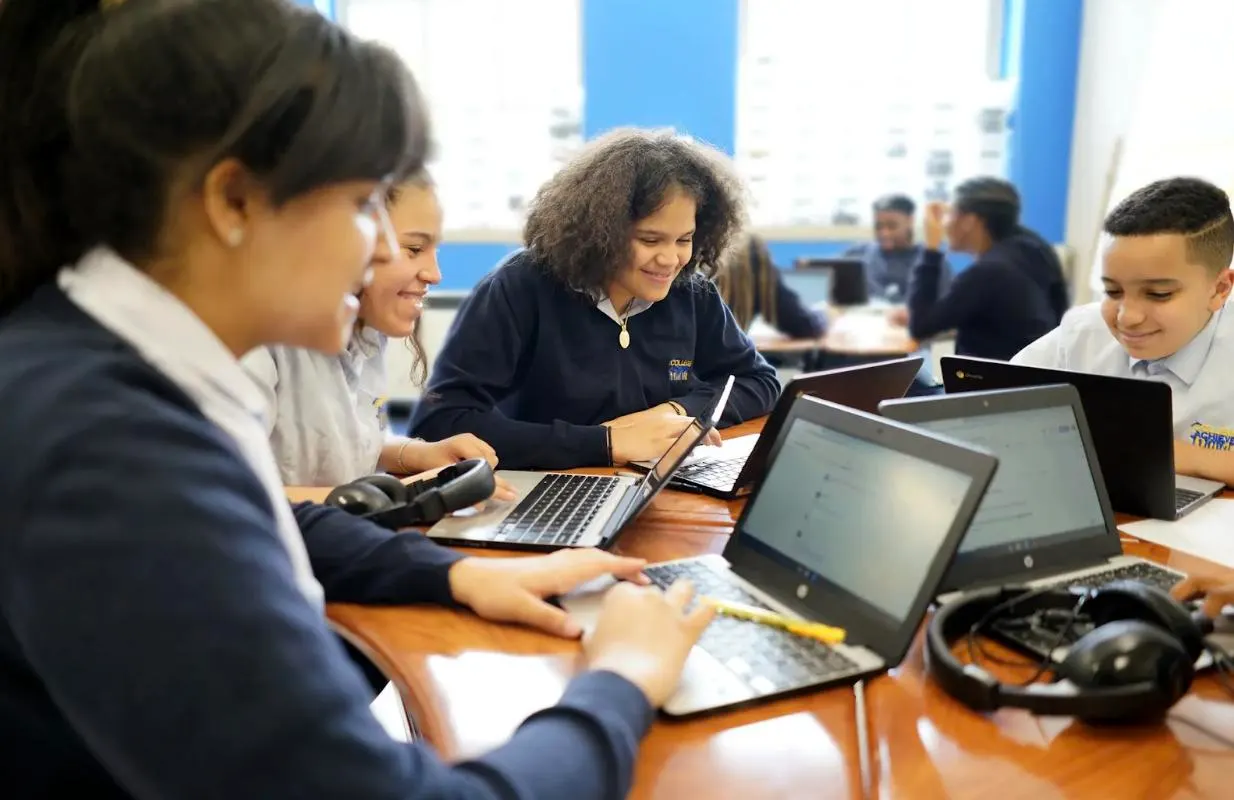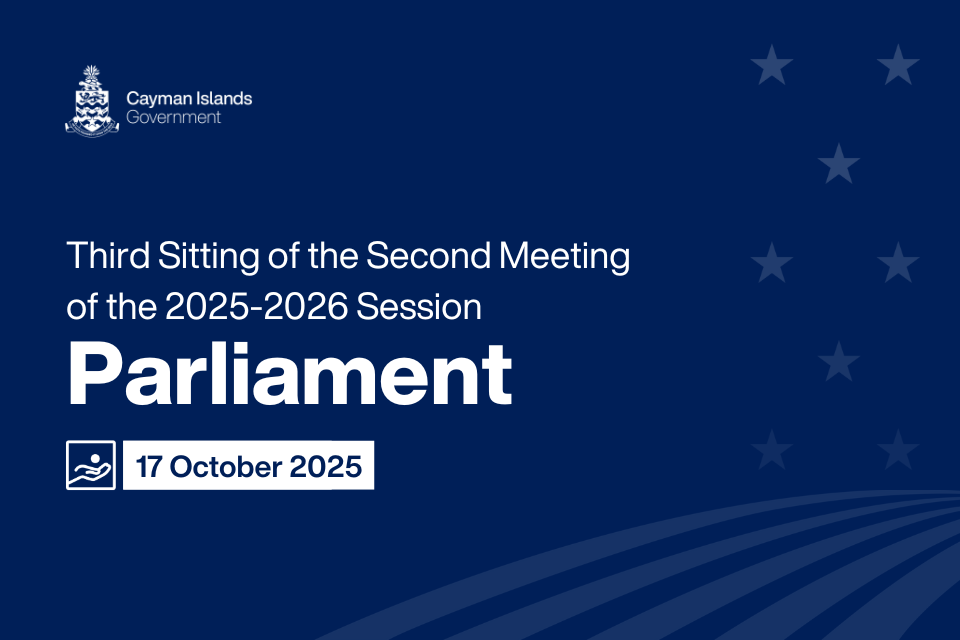Copyright forbes

The importance of critical thinking in today’s AI world Students at College Achieve Public Schools’ Paterson campus in Paterson, NJ learn critical thinking skills before navigating technology. College Achieve Public Schools GenAlpha, now being referred to as GenAI, is growing up in a web of information, misinformation, AI and digital access. The impact of AI on students is accelerating at a rapid pace. It is time to stop, slow down and connect with classic critical thinking approaches before students lose the ability. Otherwise, there is the risk of raising a generation of children who cannot discern real from fake or cannot develop a cogent argument. A commission on Fake News and Critical Literacy in School found that only 2% of children and young people have the critical thinking skills they need to judge whether a news story is real or not. This number should be alarming for policymakers, educators and parents alike. Kids are deeply immersed in the internet for both information and entertainment. Shockingly, according to a Common Sense Media Report, 35% of teens report having been misled by fake content online, and 22% of teens admit to sharing content they later discovered was fake. What is a parent or teacher to do? The solution is not to run and hide from technology. There is no hiding from the rise of AI, but students need to be taught to become smart, discerning thinkers who can identify and interact with AI in a healthy way, with the ability to identify misinformation and digest facts when presented with them. To do this, students need to understand classic "old school" skills like reading full books instead of snippets, building literacy skills and deductive reading. Across the country, students are learning to just skim-read and not read whole pages. Research shows that if a child isn't reading at their grade level by the third grade, their odds of graduating fall dramatically. Students who are reading above grade level by this age have a much higher graduation and college enrollment rate. When students read deeply, write rigorously, and are taught to evaluate arguments, they have the skills to understand what is fake and build a foundation for their lifelong learning. MORE FOR YOU A 2025 Frontiers in Education study found that people with a solid grounding in critical thinking concepts can better detect fake information. However, there is a shrinking percentage of eighth-grade students who regularly participate in inquiry-based learning activities in their classes, where these critical thinking skills are developed and tested. At College Achieve Public Schools, students don't just skim passages or memorize isolated facts. They read entire books and build on the Toulmin method to strengthen their reasoning. They write, discuss and analyze complex texts from early elementary through high school. They're building the fluency and the critical thinking skills that set them apart in a technology-driven world through a model that stresses argumentative writing and blending it with narrative storytelling. This is not a remedial approach to education, but a way to prepare students for the future. Students should learn to comprehend what they read, question, and connect to broader ideas, building their own arguments and owning their voices. The results have been revolutionary, and have led to a 100% college acceptance rate for our graduates. And this model can be easily replicated. National test scores highlight this urgency. The latest results from the National Assessment of Educational Progress (NAEP) reveal lows in English and math at grades four, eight and 12. The scores show that one-third of high school seniors lack basic reading skills. Too many schools are chasing a quick-fix solution to today's learning crisis. Apps and AI-driven tools aren't fixing what's broken. If NAEP has shown us anything, these aren't working. Literacy and critical thinking can't be downloaded. It is our responsibility to teach our students how to think critically. Embracing innovation should never come at the expense of true critical thinking skills. We have to equip our children with the tools to think for themselves. If Generation Alpha is reduced to Generation AI, it won't be just books that are lost. Just ask ChatGPT. Editorial StandardsReprints & Permissions



